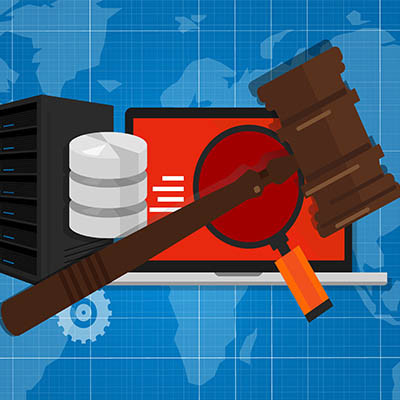Home
About Us
IT Services
Understanding IT
- Understanding General Data Protection Regulation Compliance
- Understanding Automation
- Understanding Ransomware
- Understanding Shadow IT
- Understanding Your Virtual Identity
- Understanding the Modern Office
- IT Threat Glossary
- Understanding Business Continuity
- Understanding the Internet of Things
- Understanding Network Security
- Understanding SOX
- Understanding BYOD
- Understanding PCI DSS
- Windows XP End of Life
- Understanding HIPAA
- Cloud Computing
News
Blog
Support
Contact Us
(713) 979-2090

- Home
- About Us
- IT Services
- Understanding IT
- Understanding General Data Protection Regulation Compliance
- Understanding Automation
- Understanding Ransomware
- Understanding Shadow IT
- Understanding Your Virtual Identity
- Understanding the Modern Office
- IT Threat Glossary
- Understanding Business Continuity
- Understanding the Internet of Things
- Understanding Network Security
- Understanding SOX
- Understanding BYOD
- Understanding PCI DSS
- Windows XP End of Life
- Understanding HIPAA
- Cloud Computing
- News
- Blog
- Support
- Contact Us
- (713) 979-2090
- Home
- About Us
- IT Services
- Understanding IT
- Understanding General Data Protection Regulation Compliance
- Understanding Automation
- Understanding Ransomware
- Understanding Shadow IT
- Understanding Your Virtual Identity
- Understanding the Modern Office
- IT Threat Glossary
- Understanding Business Continuity
- Understanding the Internet of Things
- Understanding Network Security
- Understanding SOX
- Understanding BYOD
- Understanding PCI DSS
- Windows XP End of Life
- Understanding HIPAA
- Cloud Computing
- News
- Blog
- Support
- Contact Us
- (713) 979-2090
- Register
- Login
Zinc Blog
Law Firms Need to Do More to Protect Their Data
In certain industries that are steeped in tradition, it can often be challenging to meet the stringent security requirements in order to keep up with modern threats. Take, for example, the modern law firm. Just how does a law firm go about securing its data and technology, and what must be considered when implementing security solutions for these types of organizations?
Let’s examine some of the specific needs of a law firm and how it might handle its security.
What a Law Firm Needs in Terms of Security
As you might expect, a law firm needs the same cybersecurity measures that any modern business might, plus some. You must put extra effort into protecting the sensitive data that a law firm will accumulate over time. Law firms also deal with trust and confidentiality, meaning that you must uphold these standards if you want to be successful and reputable in your field.
To this end, law firms put advanced standards into practice. Some of the data they store could potentially be used in insider trading schemes, meaning that a law firm could find themselves in trouble if they don’t secure this information. Plus, if this information becomes inaccessible due to ransomware or other threats, then the firm runs into problems staying operational—and when people are as stressed out as they are in a law office, it’s no wonder some overlook the signs of potential attacks.
Therefore, law firms must take considerably more excessive measures to protect themselves from threats. Here are some ways they can do so.
Keep Permissions in Check
No single employee at a law firm needs access to every single piece of information found on their infrastructure, so it makes sense to establish access controls to limit exposure of such data. It’s a secure way of operating, and organizations can always monitor and adjust these permissions as needed.
Maintain Compliance
For certain industries there are laws and regulations that maintain specific precautions that must be taken in regards to data security. As you might expect, law is one such industry, so it’s extremely important that you know what compliances you must adhere to.
Enforce Authentication Standards
Authentication is incredibly important to keeping a network secure, and while better passwords will certainly help (as will rejecting all passwords that do not meet a complexity threshold), multi-factor authentication can also go a long way.
Keep an Access Record
All law firms should have a record of when data is accessed and whether or not it aligns with that firm’s use. This type of technology is incredibly helpful for discovering inconsistencies or unusual behaviors on your network.
We Can Help Any Business Put These Needs First
Zinc can help your business implement security measures that are perfect for the advanced needs of any specific industry, be it law or otherwise. To learn more, reach out to us at (713) 979-2090.
About the author
Zinc has been serving the Texas area since 2017, providing IT Support such as technical helpdesk support, computer support, and consulting to small and medium-sized businesses.
- You are here:
- Home /
- Blog /
- Zinc IT Team /
- The Modern CRM Offers Businesses Valuable Functionality

Comments